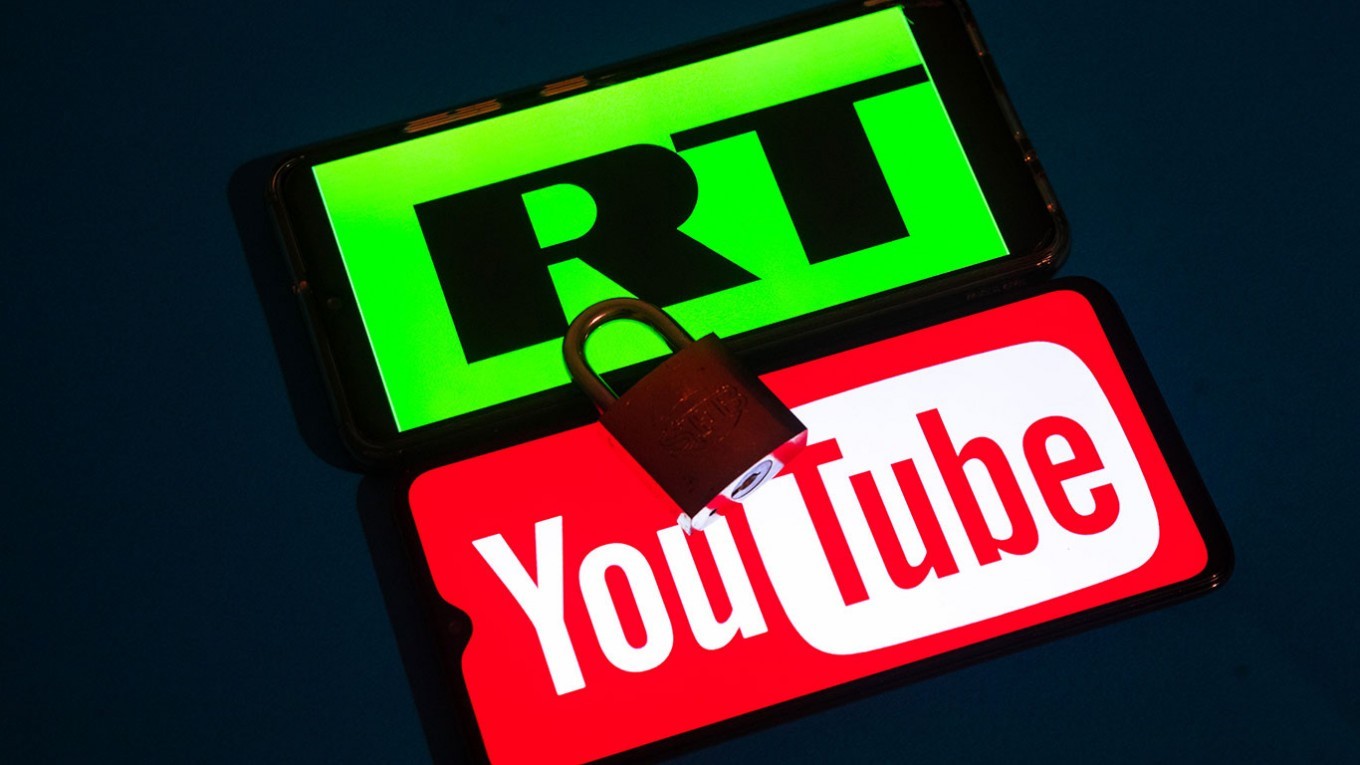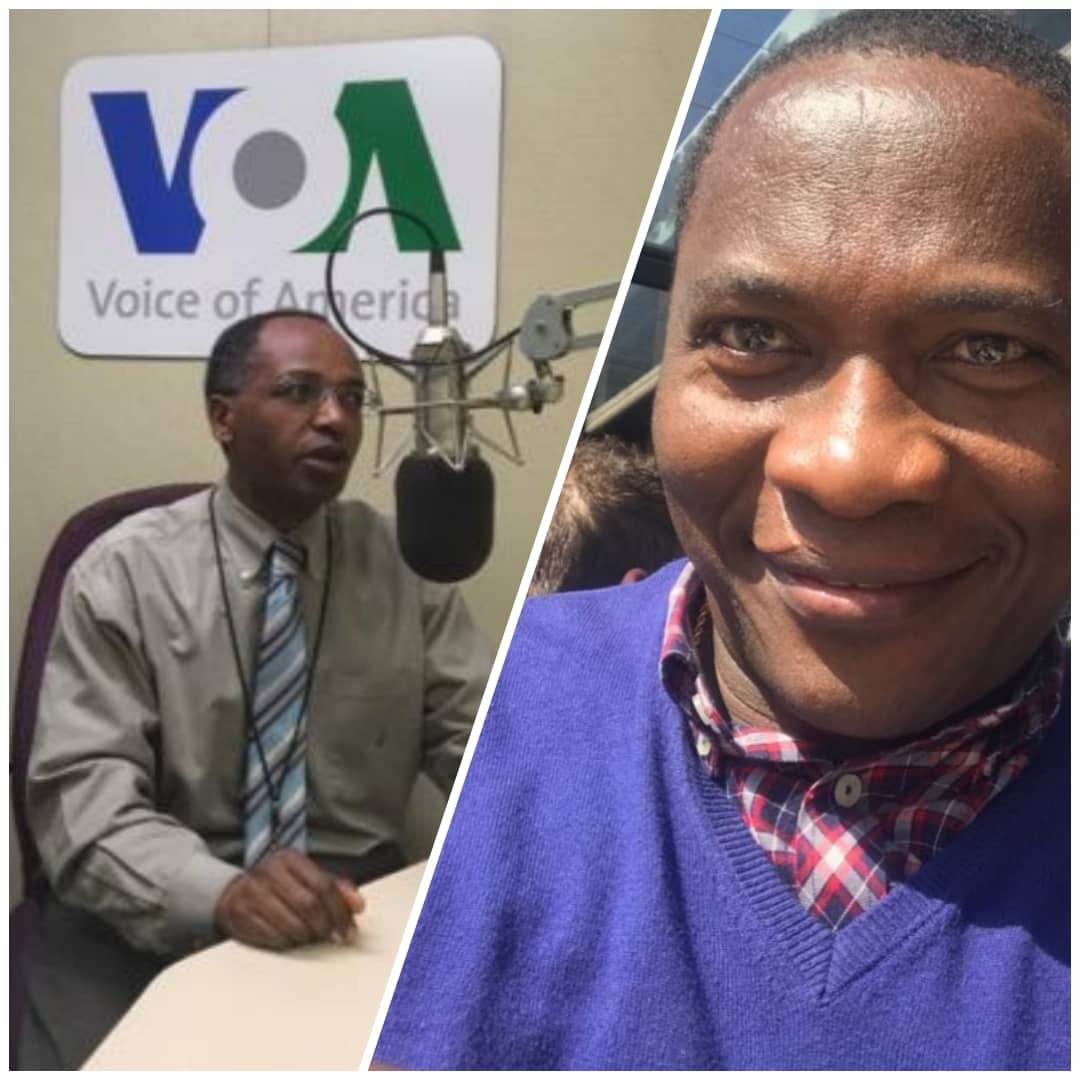Regional
UN Group of Experts justify hate speech, looming genocide in DRC
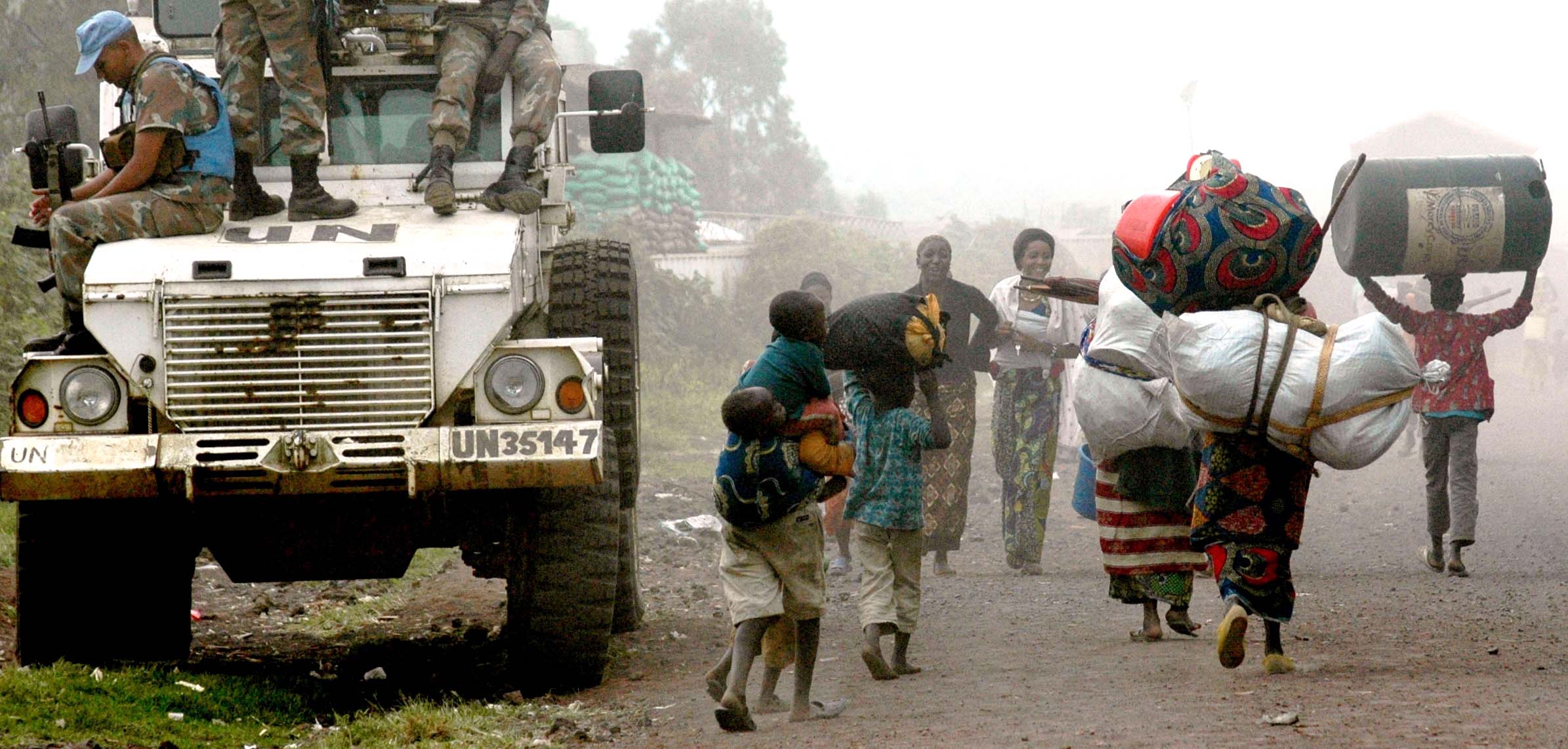
For so
long, the Congolese Tutsi are persecuted in their own country, with no one
caring about their grievances.
Young
men and women have stood up to
defend themselves against
an existential threat. This is how the
M23 rebellion emerged in
the eastern part of the Democratic Republic of Congo.
Unfortunately,
the United Nations is now justifying the long lasting hate speech and ethnic
based killings in eastern DRC, which political analysts believe led to the looming
genocide against the Congolese Tutsi.
Published
on June 13, the final report of the UN Group of Experts on the DRC claimed that
the Congolese Tutsi are instrumentalizing a genocide narrative to make the international
community understand their cause.
“M23
exploited the narrative that it was protecting the Congolese Tutsi and
Banyamulenge communities in eastern Democratic Republic of the Congo from
extermination in order to justify its aggressive territorial expansion in North
Kivu,” the report reads.
The
UN lacked Responsibility
to Protect the Congolese under existential threat, but joking about their
plight is intolerable.
“The
Group of Experts notes that, while incidents of violence against Rwandophone
communities in the current context were beyond doubt, the manipulation of the
genocide narrative by M23[…] has significantly increased the risk of civilians
being targeted and could trigger widespread inter-ethnic violence between
communities,” the report added.
The
UN knows
the truth but ignores it.
In
early 2023, there was a release of US classified cables on DRC dated October
29, 1965. André J Navez, then US Consul in Bukavu, informed his country with a
detailed account on the killings and discrimination the Rwandophones in North
Kivu were facing.
The
issues back then are almost similar to the current issues under President Félix
Tshisekedi’s rule.
But
why does the UN go on turning a blind eye?
The
US cable written 58 years ago clearly points out that Rwandophones in the DRC
are legitimate Congolese citizens, and their persecution began in the 1930s.
“For its own political ends, the
WaNande-controlled North Kivu Provincial Government seeks to picture the
Banyarwanda [Kinyarwanda-speaking Congolese] as refugees (which they are not)
and not as Congolese citizens (which they are) …. No attempt has been made by
the provincial government to correct or even recognize the grievances of the
Banyarwanda [Kinyarwanda-speaking Congolese]. Instead, the North Kivu
Government claims that there is a vast conspiracy organized by the ‘Rwandan
emigres,” the document reads.
Successive
Kinshasa governments failed to solve the problem which requires political will,
and can
only be solved by Congolese as many politicians urge.
The
US Consul concluded that if the North Kivu government continued to support the
Hunde in their domination of the Rwandophones, the situation would get worse.
This
is what is exactly happening in eastern DRC. The UN understands the genesis of
the crisis in eastern DRC but deliberately ignores it.
Again,
the UN Group of Experts reported that the crisis related to M23 accentuated
ethnic rifts among the warring sides and “continued to stoke xenophobia and
hate speech against Rwandophone populations living in DRC, notably the Tutsi
and the Banyamulenge”.
This
argument contradicts the statement of the UN's Special Adviser on the
Prevention of Genocide, Alice Wairimu Nderitu, after her visit in eastern DRC,
in 2022.
Nderitu
noted that the current violence in east DRC mainly stems from the refugee
crisis that resulted as many individuals involved in the 1994 Genocide against
the Tutsi in Rwanda fled to eastern DRC, forming armed groups such as the FDLR
which is still wreaking havoc in the region.
She
expressed concern over an escalation of hate speech and incitement to
discrimination, hostility, and violence nationwide – and specifically against
the Kinyarwanda speaking people; noting that hate speech had been spread by
political party figures, community leaders, civil society actors, and members
of the Congolese diaspora.
The
UN's Special Adviser was deeply alarmed by the escalation of violence in the
region where a genocide - the 1994 Genocide against the Tutsi in Rwanda –
happened.
“The
current violence is a warning sign of societal fragility and proof of the
enduring presence of the conditions that allowed large-scale hatred and
violence to erupt into a genocide in the past,” she said.
By
justifying hate speech and escalated violence against the Congolese Tutsi, the
UN Group of Experts is ruining all international and regional efforts being
made to restore peace and security in east DRC.



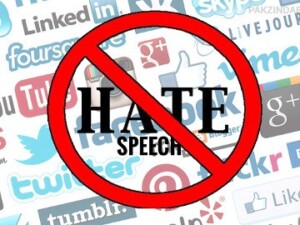
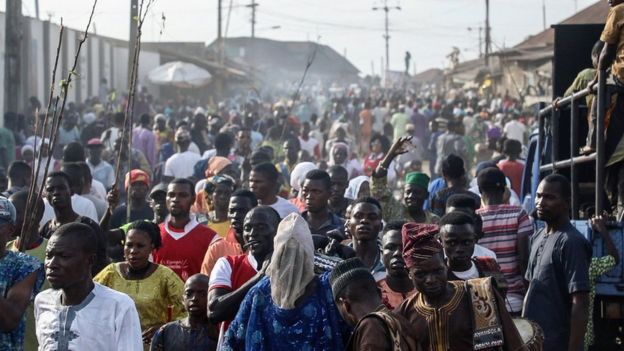
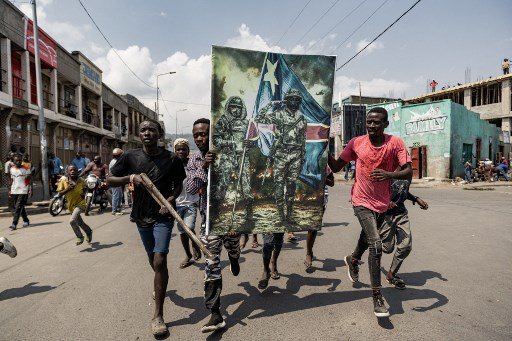
.jpg-20220702121139000000.jpg)
